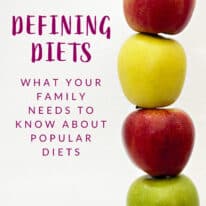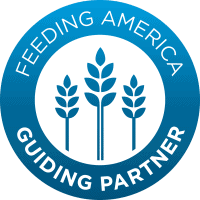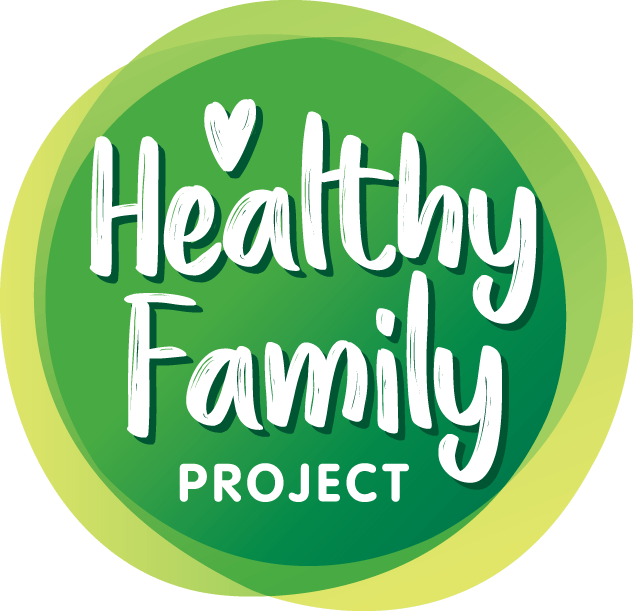Defining Diets: What to Know About Popular Diets
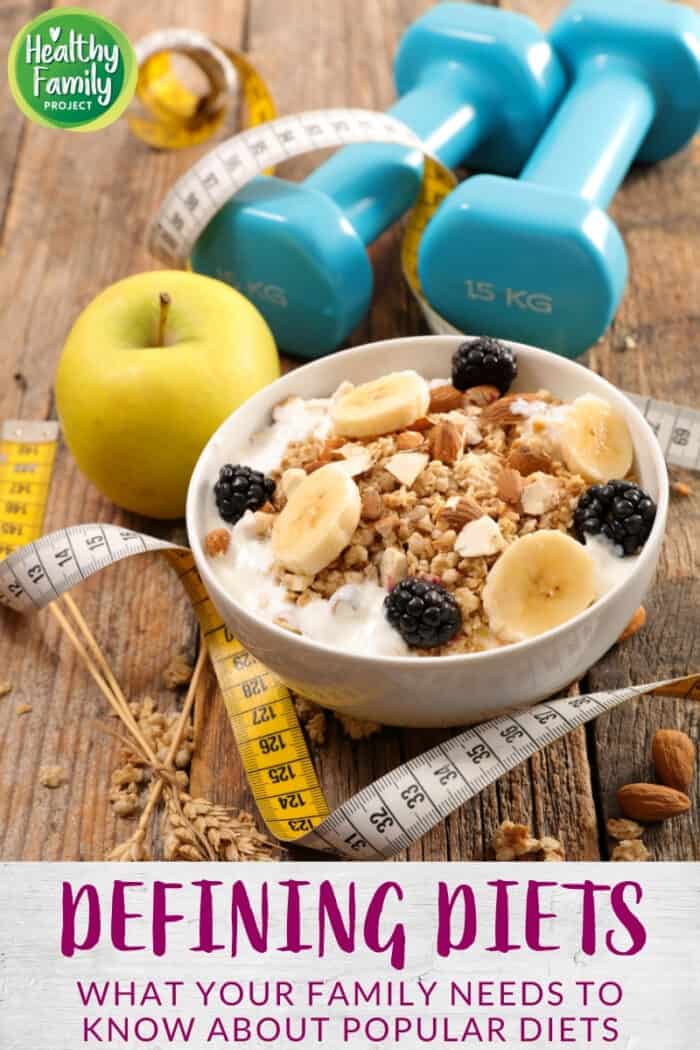
Thinking of starting a new diet? Here’s what to know about popular diets including Whole 30, keto, plant-based and more.
The start of the new year marks a start to lifestyle changes for many resolution-setters. One of the most popular resolutions is to eat healthier and perhaps embark on a new diet.
If you are in this boat and considering a new diet for you or your family, below is what you need to know about each of the most popular diets before you decide.
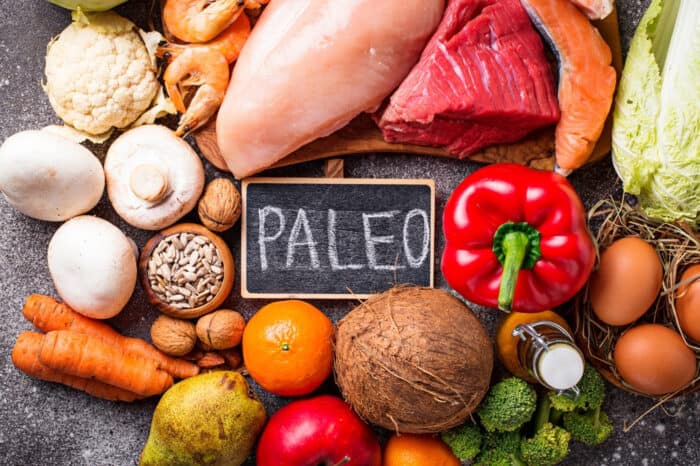
Paleo
The paleo diet mimics the diet from the Paleolithic era. It’s a modern approach to the hunter-gatherer’s diet that was common during this time.
Diet emphasizes meat, fish, nuts and seeds, vegetables, tubers, fruits and healthy fats. Foods to avoid are processed foods, sugar, artificial sweeteners, vegetable oils, trans fats, most dairy, legumes and grains.
Pros of a Paleo Diet
- Rich in potassium, healthy fats and protein.
- Less processed foods, salt and sugar
- Can improve blood sugar levels, blood pressure and reduce the risk of cardiovascular disease and diabetes.
Cons of a Paleo Diet
- Portion sizes recommended are often larger than daily allowances for certain foods.
- Diet may be lacking in essential nutrients and vitamins, like calcium and fiber, from eliminated food groups. This can lead to low bone and tooth density and affect gut health.
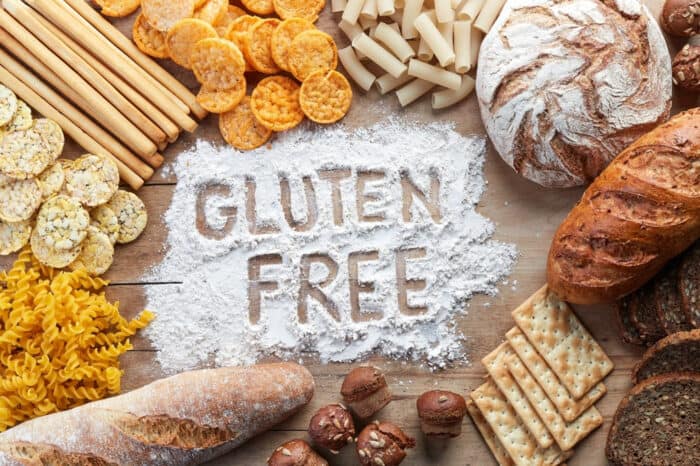
Gluten-Free Diets
This diet is common for those with Celiac disease and eliminates grains containing the protein gluten. This includes wheat, barley, rye and triticale. Celiac disease can cause inflammation in the small intestine for these individuals.
Pros of a Gluten-Free Diet
- For those with Celiac disease or gluten sensitivities, a gluten-free diet can relieve symptons and improve overall health.
- Easily adjusted to fit other dietary needs, like dairy-free.
Cons of a Gluten-Free Diet
- Can be low in fiber or cause other nutritional deficiencies.
- Many gluten-free products are overly processed.
- May be difficult to accommodate gluten-free requests in restaurants or eating outside of your home. Cross-contamination is also likely.
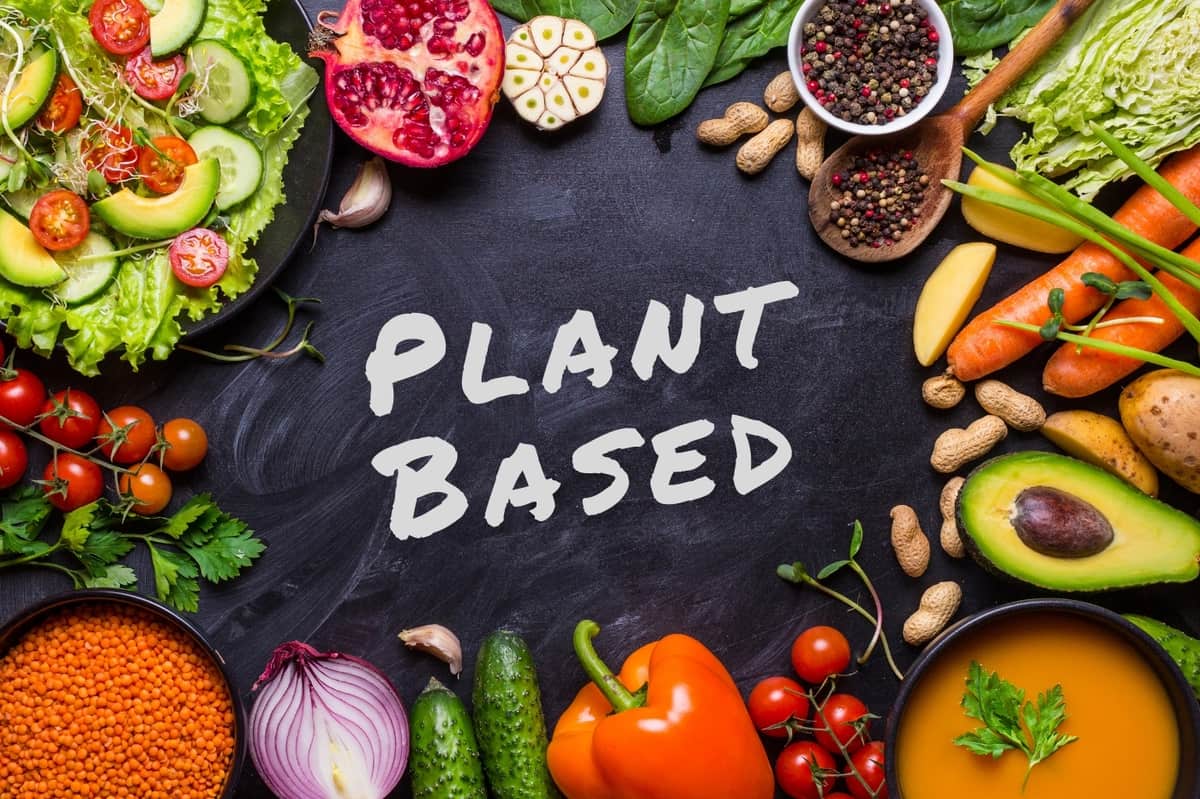
Vegan/Vegetarian or Plant-Based
Vegan, vegetarian and plant-based all mean something different. A vegan diet consists of only plant-derived foods, while vegetarians primarily have a plant-based diet but they may include animal by products such as milk, eggs, cheese and yogurt in their diet.
Plant-based is a diet made primarily of plant-based foods, but can also include meat, fish, dairy and eggs on occasion. Here are some easy vegetarian/plant-based recipes to get you started.
Pros of a Plant-Based Diet
- Focuses on whole, unprocessed foods.
- Can improve heart health, reduce the risk of diabetes and cancer.
- Can help lower BMI.
- Depending on if you’re vegan, vegetarian or plant-based, you can still eat a wide variety of foods.
Cons of a Plant-Based Diet
- Protein intake may be lagging (although there are plenty of plant-based protein options to choose from).
- Possible nutrient deficiencies including calcium, iron and vitamin B12.
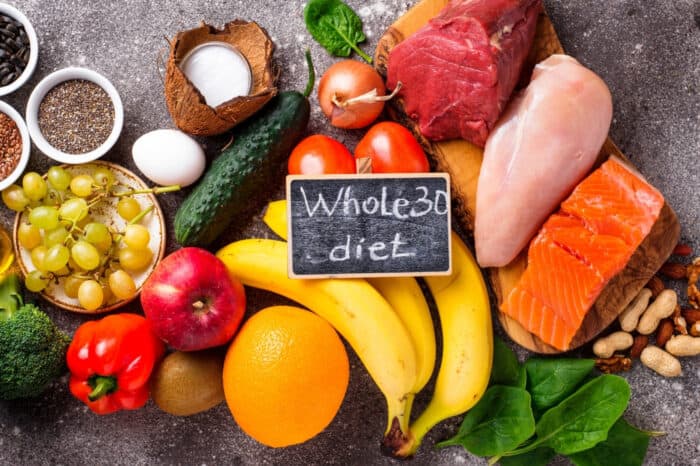
Whole30
A 30-day clean-eating plan designed to revamp eating habits by cutting out certain foods like dairy, sugar, grains and legumes. Focuses on eating meat, poultry, fish, veggies, fruit and fats.
Pros of a Whole30 Diet
- Diet focuses on whole foods, less processed foods with added sugar.
- Most people feel better physically.
- When used as an elimination diet, it can help you identify foods that trigger issues in your body.
Cons of a Whole30 Diet
- Can be hard to follow – there’s no cheating allowed!
- Cuts out important food groups like whole grains and legumes which provide key nutrients like fiber, calcium and protein.
- Meal planning and prep required.
- Must read nutrition labels carefully to avoid prohibited foods.
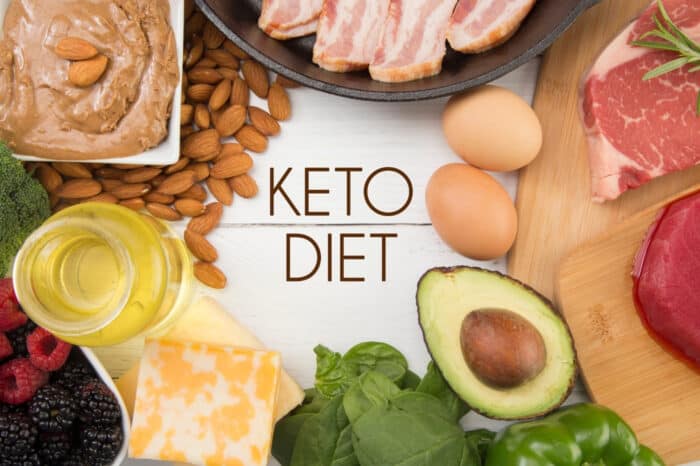
Keto
A very low carb, high fat diet that involved drastically reducing carbohydrates and replacing them with fat. The reduction in carbs puts your body into a metabolic state called ketosis.
Pros of a Keto Diet
- Can aid in weight loss.
- People report feeling less hungry because fatty foods take longer to break down in the body.
- Can help reduce seizures in pediatric patients with epilepsy.
Cons of a Keto Diet
- Restrictive diet that is difficult to sustain long-term.
- The keto diet has received some harsh criticism for possibly causing low blood pressure, kidney stones, constipation, nutrient deficiencies and an increased risk of heart disease.
- Extremely high fat diets can have negative impacts on your heart.

Intermittent Fasting
An eating pattern that cycles between periods of fasting and eating. It doesn’t specify which foods you should eat but rather when you should eat them. There are several ways to do intermittent fasting, the most common being only eating during an 8-hour window during the day.
Pros of Intermittent Fasting
- Easy to follow – no calorie counting, portion measuring or off-limit foods.
- Promotes weight loss.
- May help control glucose levels.
Cons of Intermittent Fasting
- May lead to a reduction in physical activity or an increase in hunger.
- Does not encourage healthy eating and may promote overeating.
- Despite the evidence that intermittent fasting can cause weight loss and improve risk factors for heart disease, many dietitians remain skeptical and wouldn’t recommend the dietary pattern as a weight-loss tool or method to improve heart health in most people.
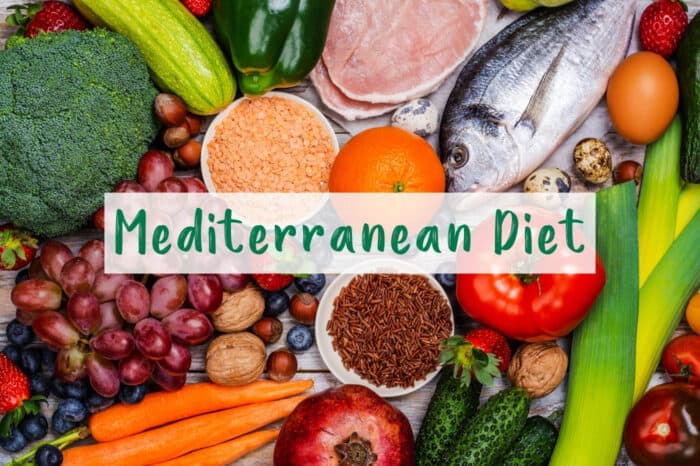
Mediterranean
Emphasizes a primarily plant-based diet with lots of fresh, unprocessed foods. Animal fats such as butter are replaced with healthy fats such as olive oil.
Red meat consumption is limited to a few times a month and incorporates proteins such as fish and poultry a few times a week. You can drink red wine in moderation (for adults).
Pros of a Mediterranean Diet
- Does not eliminate any food groups and encourages a variety of nutrient-dense foods.
- Linked to lower risk of heart disease, cancer, diabetes and other chronic diseases.
- Can lower inflammation.
- Better for the environment.
Cons of a Mediterranean Diet
- Can be costly.
- Diet can be lower in calcium and vitamin D.
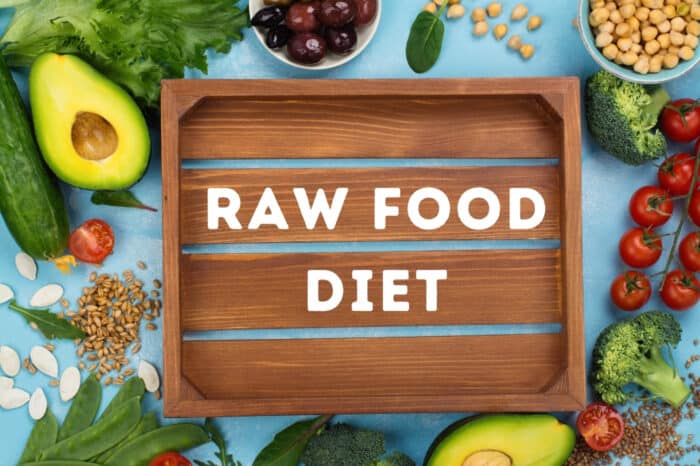
Raw Food
Promotes eating mainly uncooked, unprocessed, organic foods. Diet emphasizes raw fruits, raw vegetables, nuts, seeds and sprouted grains. Some even eat unpasteurized dairy foods, raw eggs, raw meat and fish.
Pros of a Raw Food Diet
- Emphasizes whole, unprocessed foods.
- Low in saturated fats and sodium.
- Can be effective for weight loss.
Cons of a Raw Food Diet
- Very restrictive and can be impractical for the average person.
- Risk of nutrient deficiencies such as Vitamin B12, Vitamin D, iron and zinc.
- Increased risk of food-borne illnesses since nothing is cooked.
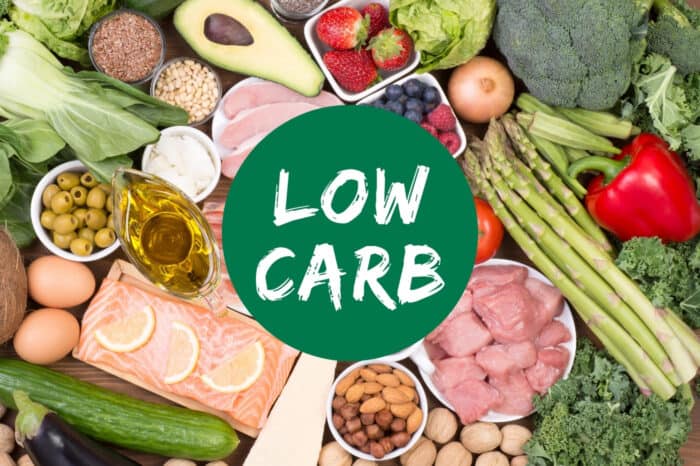
Low Carb/Atkins
A high protein and fat diet low in carbohydrates aimed primarily at weight loss. Diet contains mostly meat, fatty fish and seafood, eggs, low-carb fruits and veggies, full-fat dairy, nuts and seeds, and healthy fats. Minimizes starches, grains, high-carb fruits and veggies, vegetable oils and sugar.
Pros of a Low Carb Diet
- No calorie counting.
- Guidelines are clearly defined and there are lots of recipes and resources available.
- Focuses on fiber-rich carbs such as green vegetables and berries.
- Can be effective for weight loss.
Cons of a Low Carb Diet
- Can be restrictive and reduces the intake of fruit and grains.
- Less carbs in your diet can cause fatigue as your body adjusts.
- Must count net carbs, which can be complicated.
I highly recommend checking with your family doctor before making any drastic nutrition changes. And, if none of these diets work for you, I’d suggest making it your priority to improve the diet you already have.
Find ways to modify instead of eliminating to reach your health goals. As a registered dietitian, I get the pleasure of helping families live healthier lives.
Through my blog, I share simple, healthy recipes that the whole family will enjoy, along with practical nutrition advice. Tweet with me at @momnutrition!

